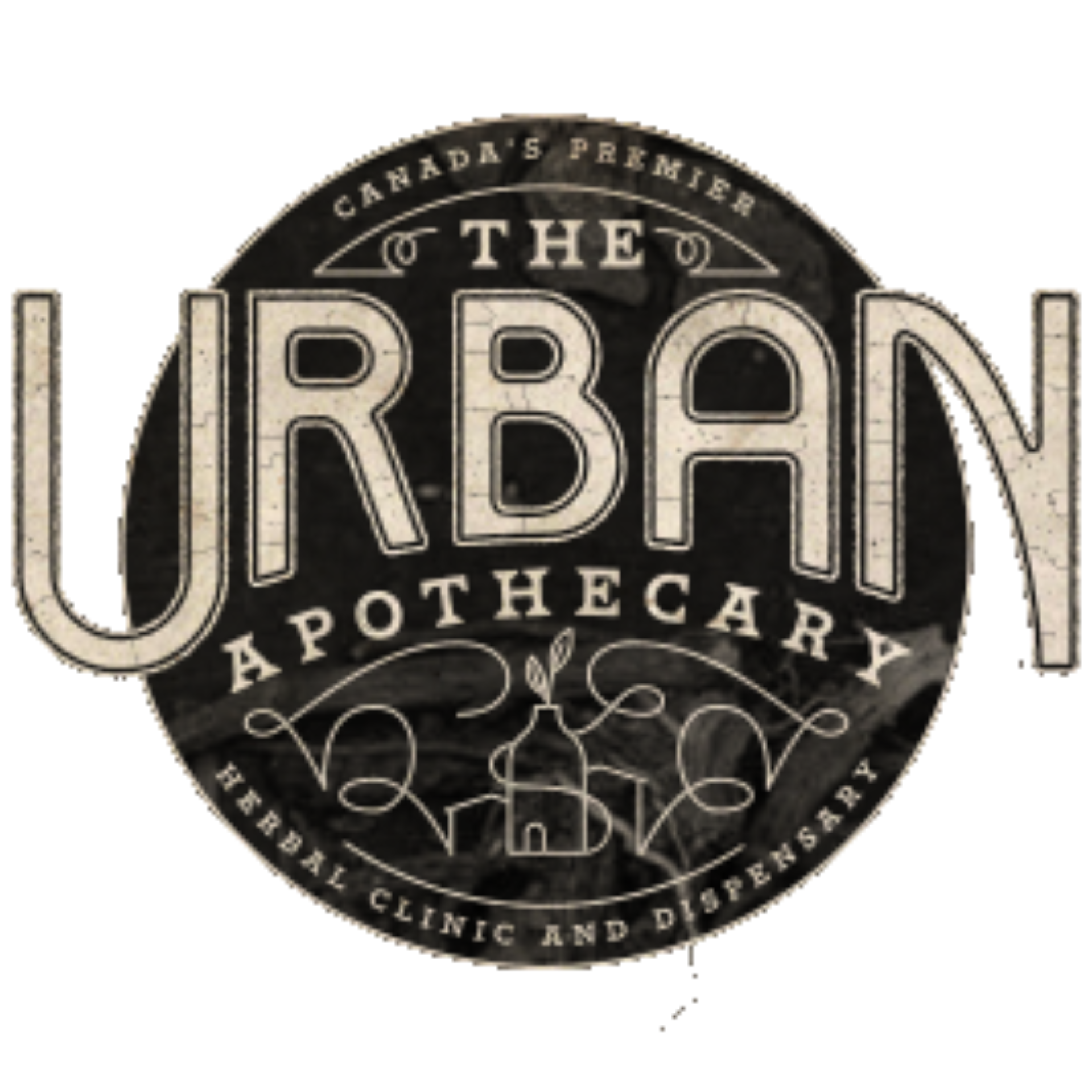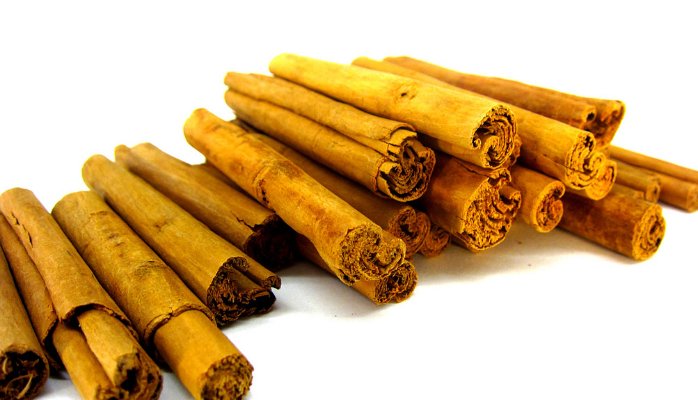The first few thoughts that pop into most peoples heads upon the mention of bitters are: Angostura and cocktails! However, there is much more to to the wonderful world of bitters! Lets take a quick look.
In the world of Herbal medicine, there are many actions that a practitioner can consider when treating a patient. One of the most important of those are the bitters. Bitters are herbs that basically have a bitter taste, but their effects on the body, particularly the digestive system are quite profound.
We all have bitter taste receptors in our mouth that when activated , initiates the secretion of a hormone into the blood stream that increases the production of stomach acids and pancreatic juices. It also encourages the liver to release bile into the duodenum and increases stomach acid production. In addition to these benefits bitters help the gut wall repair itself.
Science has always assumed that the bitter taste has evolved as a defense mechanism, protecting us from potentially toxic plants. In fact, a study in 2006 by the Monell Chemical Senses Center has proven this. This very mechanism is partially the reason why bitters work so well for digestive issues. The bitter taste seems to trick the body into thinking it is being poisoned and thus begins a mass “flushing process” of digestive juices in order to destroy the threat.
It is important to note that to sweeten or to mask the bitter taste , greatly diminishes this effect, one must taste the bitter flavors in the mouth.
Consider some of the other benefits of using bitters, and these are by no means comprehensive:
- stimulant to the autonomic nervous system
- appetite booster & assists in assimilation
- can help with nausea, loss of taste
- of value in hypoglycemia and diabetes mellitus
- some bitters are also considered sialagogues (increase saliva flow).
- increase of white corpuscles in peripheral circulation (Bartram’s, 1995)
- support a healthy heart
- some bitters have anti depressant actions
- general tonic effect on the body
In addition to the bitter herbs having varying intensities of bitterness, they also have different affinities to certain body systems such as: Cardiovascular, Urinary, Muscoskeletal, Skin, Nervous system, etc. A well trained herbalist will have a strong understanding of the many bitter herbs nature has to offer, and how to employ their secondary actions in order to prepare a formula that truly resonates with his/her respective patient. I myself have formulated several “pure bitter” formulas to address particular disorders with a clear underlying digestive issue. The results are often very well received!
Bitter herbs can be consumed in teas, tinctures, chewed whole or simply eaten as foods, such as the popular bitter melon (pictured above).
Although generally very safe all herbs must be respected. Some Contraindications for bitters include: GERD, gastritis, peptic ulcer, pregnancy, kidney stones, gallbladder disease, dysmenorrhea and hiatus hernia.
It would be very difficult to compile a comprehensive list of the many benefits of bitters, but as one can see the applications are broad. The key is that bitters help optimize the digestive system, which in turn increases the therapeutic value and absorption of nutritional/healing foods and herbs. Through better digestion we assimilate our foods and medicine more effectively,thus allowing for a deeper healing to take place.
It should not come as a surprise, that bitter stimulation can sometimes heal an underlying disorder that is not related to the digestive process, something I have personally experienced.
For more information on Herbal medicine or Holistic Health, I am available for consultation.




